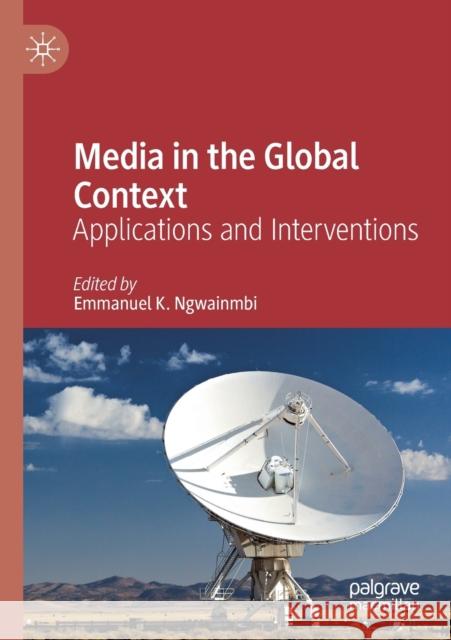Media in the Global Context: Applications and Interventions » książka
topmenu
Media in the Global Context: Applications and Interventions
ISBN-13: 9783030264529 / Angielski / Miękka / 2020 / 272 str.
Media in the Global Context: Applications and Interventions
ISBN-13: 9783030264529 / Angielski / Miękka / 2020 / 272 str.
cena 342,14
(netto: 325,85 VAT: 5%)
Najniższa cena z 30 dni: 327,68
(netto: 325,85 VAT: 5%)
Najniższa cena z 30 dni: 327,68
Termin realizacji zamówienia:
ok. 22 dni roboczych.
ok. 22 dni roboczych.
Darmowa dostawa!
Kategorie:
Kategorie BISAC:
Wydawca:
Palgrave MacMillan
Język:
Angielski
ISBN-13:
9783030264529
Rok wydania:
2020
Wydanie:
2019
Ilość stron:
272
Waga:
0.39 kg
Wymiary:
21.01 x 14.81 x 1.7
Oprawa:
Miękka
Wolumenów:
01
Dodatkowe informacje:
Wydanie ilustrowane











